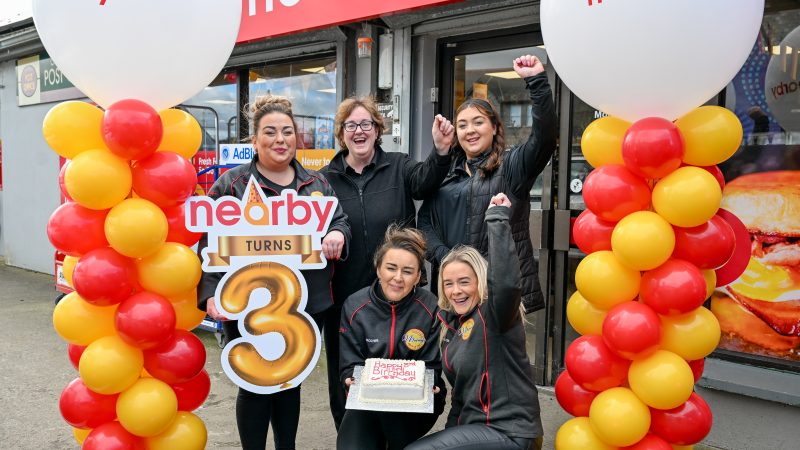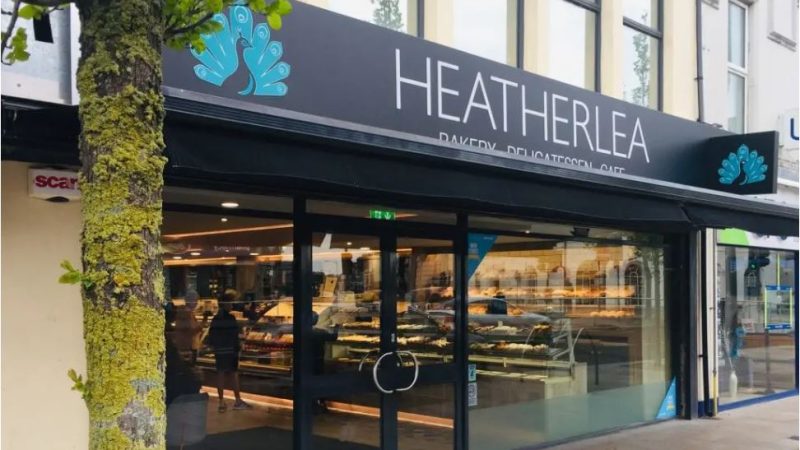Drive Offs Double in Past Three Years – mostly ‘human error’

A Freedom of Information request by the Belfast Telegraph to the PSNI showed that nearly 5,000 cases of people leaving a filling station without paying were reported to the PSNI in the past three years.
The number of incidents has almost doubled in that period, the newspaper reported.
While many are down to human error, hours of police time are being used in dealing with the reports.
Mistake or deliberate?
Drive-offs generally fall into two categories. One-third are where drivers are filling up, making absolutely no attempt to pay and then driving off, which is clearly theft. Two thirds of incidents are failure to pay in-store. It may be just a mistake or deliberate. It could be that there were two people who came in in the same vehicle and each thought the other one had paid. It may not have been intentional at all.
Civil offence or crime?
Police forces treat these incidents differently. Some see them as a civil offence while others treat them as a crime.
Installing various security measures and forecourt prevention options will help reduce incidents. BOSS – the British Oil Security Syndicate – has introduced a Payment Watch scheme which has dramatically impacted on drive offs in GB. The forecourt Watch drive-off service has shown that it can recover up to 70% of drive-off losses if they have adequate information to pursue suspects.
MNoP – No Means of Payment
Forecourt owners that use the Boss system have found it to be effective. One forecourt retailer said “BOSS Payment Watch has been really effective for us. We now have an overall 97% recovery rate for NMoP, which has saved us tens of thousands of pounds.”
The Petrol retailers Association (PRA) has long-lobbied on this issue. The PRA has linked with the PSNI on the matter. In 2018 the police service were in the process of rolling out a scheme whereby they will no longer be attending forecourt drive-offs. Chairman of the PRA, Brian Madderson believes this has caused some bad feeling among retailers who regularly volunteer CCTV footage to assist the police with their investigations.
Ironically, since then, we have seen the number of Drive Offs in Northern Ireland more than double.
Reduction in police budgets
“The reduction in police budget right across the UK has meant that the police forces have been reviewing their priorities and they have erroneously taken the view that they shouldn’t spend their time following up forecourt crime and “no means to pay,” Brian Madderson told Neighbourhood Retailer at the time.
“However, often the people who are driving off without paying have criminal intent in other areas, so taking measures to prevent them from leaving the forecourt without paying for fuel would at least cut down crime statistics.”
Prevention costs
Brian reports that the police force are unwilling to continue investigating forecourt drive-offs because they believe retailers have the means to prevent these incidents occurring by installing pre-pay facilities at the pump. However, this would require significant and costly software and probably new hardware to be installed; all at the personal expense of the retailer. Estimates for a four-pump island forecourt vary from £25K to £80K
*MNoP – Means of No Payment







